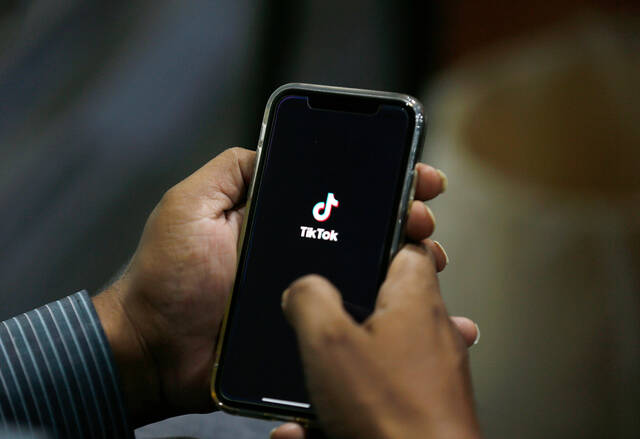English-speaking people sometimes take certain things for granted.
For example, when they ask a question or give a command to Alexa and Siri, they can expect to get a desired response because those cloud-based voice services work great in English.
But what happens when someone who speaks one of the less financially coveted of the world’s 7,000 languages needs something from Alexa, Siri or even Google Translate?
Graham Neubig, an associate professor in the Language Technologies Institute at Carnegie Mellon University, has learned that it can be a problem for people trying to get information in languages other than English. And he’s been working to help solve it by making natural language processing work better for non-English speakers.
Neubig’s work to allow people to speak to computers in their own language has made him a finalist for the Blavatnik National Awards for Young Scientists by the Blavatnik Family Foundation and the New York Academy of Sciences. Three winners will be announced on July 20 and each will receive $250,000.
Neubig, 38, is among 10 finalists in the physical sciences and engineering category and is CMU’s first finalist for the award.
“As the technology for some of the more widely spoken or economically powerful languages of the world has gotten better, the most difficult challenges, with respect to improving accuracy or making systems actually work, now lies with the languages that are in the middle of the spectrum,” Neubig said.
Neubig said in particular people who speak the many languages of Africa and India have encountered difficulties dealing with voice controlled virtual assistants or algorithm driven devices such as Google Translate. He knows this from communicating on the internet with people who speak those languages. They have become Neubig’s friends and he feels compelled to help them.
Neubig lived for 10 years in Japan and studied at Konan University in Kobe. He learned to speak Japanese, which has helped him to understand the differences in how English and other languages matchup with technology.
“I have a Google Assistant and I speak with my Google Assistant in English and I speak with it in Japanese and there is a very marked difference in its ability to answer questions,” he said. “For example, I was in the supermarket and in English I asked for the difference between cured and uncured bacon. It was able to answer that perfectly. For some of those weird questions, there is a much better chance that it would be able to do that in English than in Japanese.”
Neubig said he’s working to make this technology an equalizing factor instead of it broadening the gap between the haves and the have-nots. One of the projects he’s working on now is translating all of the information on Wikipedia into languages other than English.
“If this technology becomes available equally for many people throughout the world regardless of the language that they speak, all of the things we enjoy like fast answers to our questions, better search, better translation, better information access being available to people who speak other languages, would level out the playing field in the information economy,” he said.
The president and CEO of the New York Academy of Sciences, Nicholas B. Dirks, is impressed with Neubig’s work.
“His rich understanding of language and his mastery of methods in machine learning has led to a number of extraordinary scientific contributions,” said Dirks.








